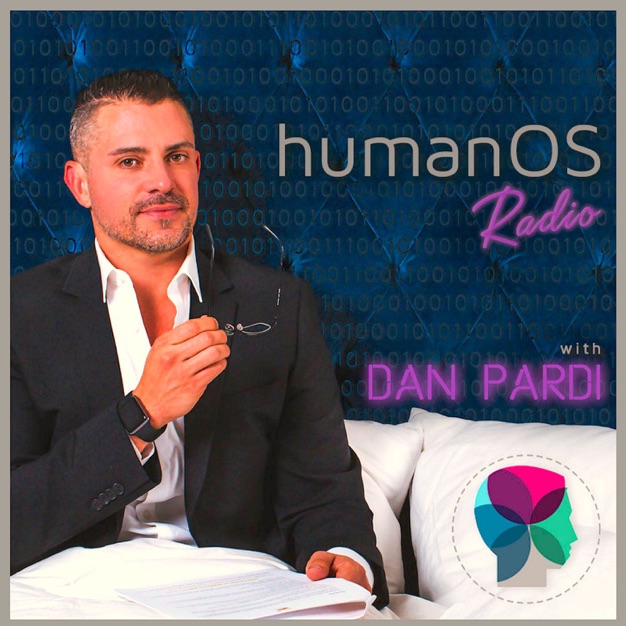091 - EyeAge Biological Age Clock with Professor Pankaj Kapahi
Ralph Waldo Emerson once wrote, "The eyes indicate the antiquity of the soul." But we now know that your eyes may also provide a remarkably accurate measure of the true age of your body.
Indeed, perhaps more accurate than the number of years that you've been alive (i.e., your chronological age). How can this be?
Well, it has been known for some time that the microvasculature of the retina can offer a window into the health of the circulatory system as a whole. Subtle changes in the retinal capillaries have been shown to provide the earliest signs of a vast array of diseases, even conditions that are not specific to the eye, long before symptoms emerge.
Incredibly, a new study suggests that images of your eyes might soon be able to yield insight into how long you have left to live – in time for you to do something about it.
On this episode of humanOS Radio, we welcome Pankaj Kapahi back to the show. Dr. Kapahi is a professor at the Buck Institute, an independent biomedical research institute that is devoted to research on aging. His lab has been exploring how nutrient status influences health and disease, and particularly how nutrients affect age-related changes in tissues and disease processes.
In our previous interviews with Pankaj, we have discussed his work examining how advanced glycation end products (also known as AGEs) drive the aging process. To that end, Pankaj has developed a novel formulation that combats the endogenous formation of AGEs in the body, known as GLYLO, which you can now purchase for yourself.
But how can we gauge the effectiveness of these sorts of interventions in humans? To that end, Dr Kapahi has turned his attention to techniques for measuring biological age (as opposed to chronological age).
Very recently, Pankaj and his colleagues have developed a retinal aging clocking, which they have dubbed "eyeAge." They found that eyeAge could predict changes in aging at a granularity of less than a year – a much shorter timescale than existing clocks. Retinal imaging is inexpensive and non-invasive, and widely accessible (if you've ever had a standard eye exam where they dilated your pupils, you have already experienced this diagnostic tool yourself).
It's not hard to imagine a future in which annual retinal scans could be used to tell you your current biological age, as well as the rate at which your tissues are aging. With this information, you could figure out whether your current lifestyle approach or medical interventions are working, and make changes as needed. And on a population level, we could use accumulated longitudinal data from retinal scans to identify new avenues for combating physiological aging.
To learn more, check out the interview!
22 May 2023, 12:00 am
